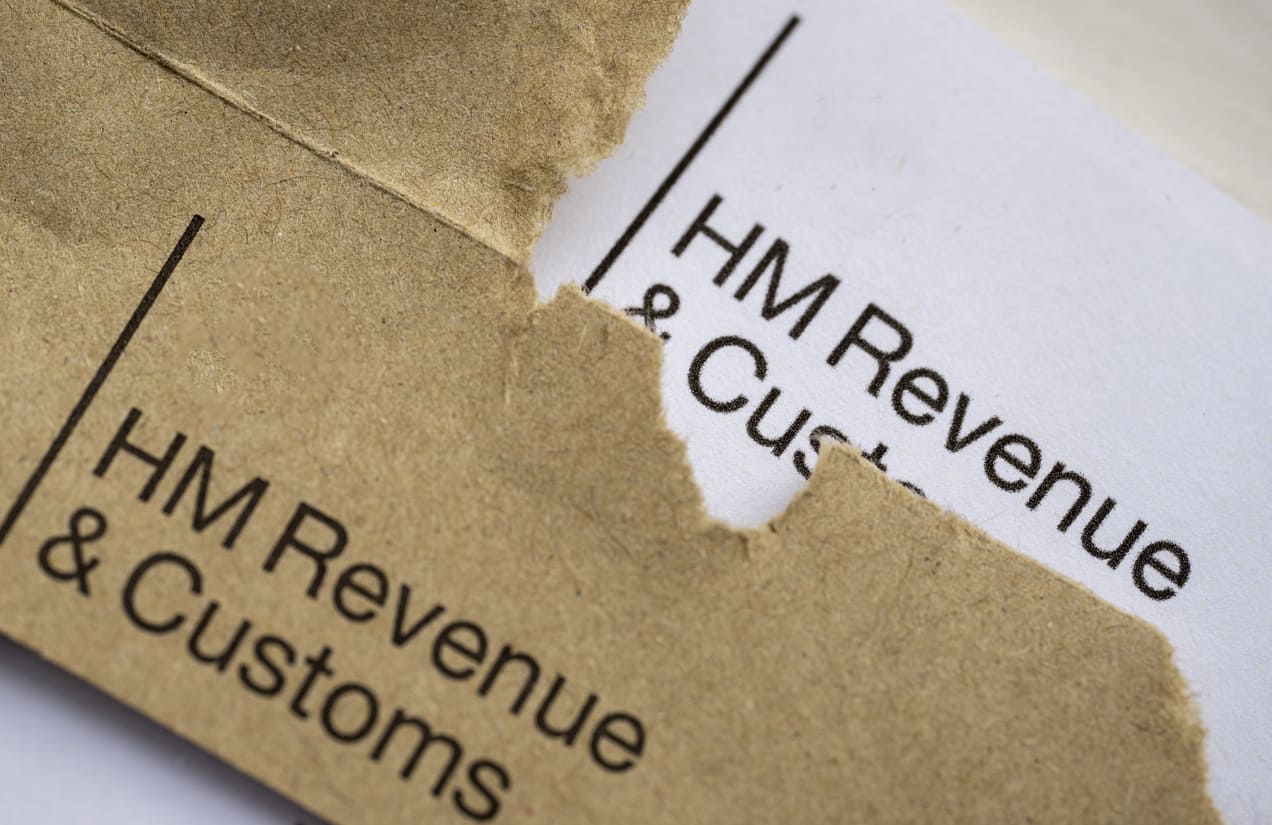Tax-Efficient Insurance Strategies Every UK Director Should Know
As a UK business owner with a family and liabilities, you're likely seeking ways to protect your wealth while minimising tax burdens. In the current economic climate, with rising inheritance tax (IHT) concerns and changes to pension taxation, it's crucial to adopt smart, tax-efficient strategies. Here's how to navigate these challenges effectively.
Relevant Life Insurance: A Smart Choice for Directors
A Relevant Life Policy (RLP) is a tax-efficient life insurance plan provided by your company. Unlike personal life insurance, RLP premiums are paid by the company and are typically tax-deductible as a business expense. This means your business can claim corporation tax relief on the premiums. Additionally, the death benefit is paid out tax-free to your beneficiaries and is not considered part of your estate for IHT purposes, provided the policy is written in trust. This can be a significant advantage, especially with the upcoming changes to pension taxation from April 2027.
Executive Income Protection: Safeguarding Your Income
In the event of illness or injury, Executive Income Protection Insurance ensures a continuation of income. When arranged through your company, premiums are tax-deductible, reducing your corporation tax liability. This type of policy is tailored for business owners and directors, offering peace of mind that your income is protected without incurring additional personal tax liabilities.
Tax-Efficient Salary and Dividend Strategy
Balancing your salary and dividends is key to minimising personal tax liabilities. For the 2025/26 tax year, consider paying yourself a salary at or just above the Lower Earnings Limit (£6,500) to maintain National Insurance contributions, which count towards your state pension and other benefits. Supplement this with dividends, which are taxed at lower rates than salary income. This combination allows you to optimise your tax position while ensuring financial security.
Pension Contributions: Planning for the Future
Pension contributions remain a cornerstone of tax-efficient retirement planning. Contributions made by your company are typically deductible for corporation tax purposes, reducing your company's taxable profits. However, with the upcoming changes to pension taxation in 2027, it's advisable to review your pension strategy with a financial advisor to ensure it aligns with your long-term goals and to mitigate potential IHT implications.
Inheritance Tax Planning: Protecting Your Legacy
With IHT thresholds frozen until 2028 and the inclusion of pensions in taxable estates from April 2027, it's essential to plan ahead. Whole-of-life insurance policies, when written in trust, can provide a tax-free lump sum to cover anticipated IHT liabilities, ensuring your estate is preserved for your beneficiaries. This strategy is becoming increasingly popular as families seek to manage growing IHT bills.
Final Thoughts
As a director, implementing these tax-efficient insurance strategies can provide financial security for your family and protect your wealth. By leveraging company-provided benefits like Relevant Life Insurance and Executive Income Protection, balancing your salary and dividends, and planning for IHT, you can navigate the complexities of UK taxation effectively. It's advisable to consult with a financial advisor to tailor these strategies to your specific circumstances and ensure compliance with current regulations.




